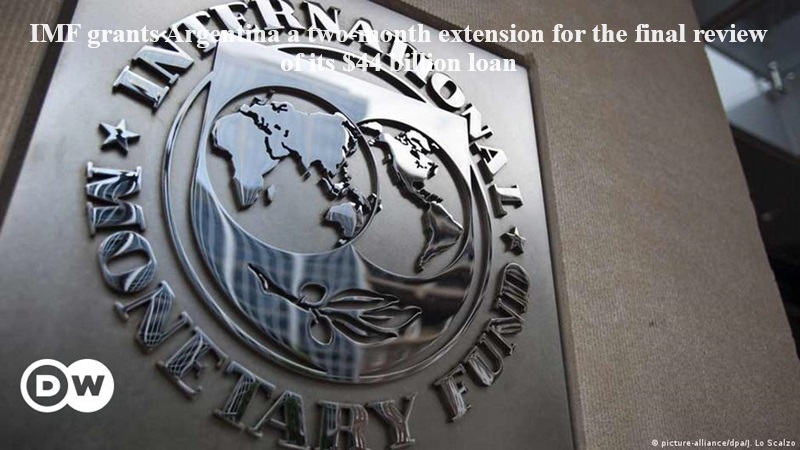
The International Monetary Fund (IMF) has granted Argentina a two-month extension for the final review of its $44 billion loan, allowing the government additional time to implement necessary reforms. According to three sources with knowledge cited by Reuters, the government and IMF officials mutually agreed to defer the last review, originally scheduled for September, to November.
The extension is designed to “ensure that the program delivers on its objectives,” with the source emphasizing that it does not imply any additional financing. This marks the first adjustment to the schedule for a loan agreed upon in 2022.
The agreement between Argentina and the IMF comes as the country grapples with economic challenges. President Javier Milei, who took office on December 10, faced delays in the seventh review of the existing program due to the change in leadership. The IMF’s executive board is expected to approve the extension and disburse $4.7 billion in funding during a meeting scheduled for Wednesday.
While an IMF spokesperson did not immediately respond to requests for comment, a spokesperson for Argentina’s economy ministry confirmed expectations of an IMF board meeting on January 31 to discuss the program.
The extension of the loan review provides Argentina with additional flexibility in determining its course of action. “The country could always negotiate a new program before the current loan ends, but now it has more breathing room until the end of the year to decide what it wants to do,” said one source quoted by Reuters.
The extension does not alter the overall quantity of reviews, and the remaining three reviews from May onwards are set to trigger disbursements totaling approximately $1.9 billion. The upcoming staff report is expected to highlight that the current program deviated “significantly off track,” with missed goals such as international reserves accumulation and a reduction in the primary fiscal deficit.
Acknowledging Argentina’s economic challenges, particularly in meeting program goals, the new administration under President Milei has outlined an ambitious agenda, aiming for fiscal balance and the accumulation of $10 billion in net international reserves by the end of 2024. The IMF expects Argentina to address issues such as public hearings for energy prices, the buyback of government debt held by the central bank, and the resolution of external commercial debt.
Economy Minister Luis Caputo recently withdrew major spending reforms from a comprehensive bill in Congress to facilitate approval, citing insufficient support for measures like tax reforms. The IMF has emphasized the importance of Argentina navigating these challenges and meeting the specified program goals.

Post Your Comments